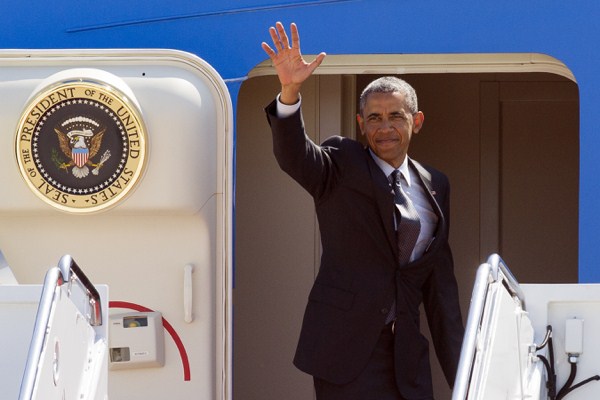Editor’s note: This will be Nikolas Gvosdev’s final “Realist Prism” column at World Politics Review. We’d like to take this opportunity to thank Nick for the sharply reasoned and rigorous analysis he has offered WPR readers each week for the past six years, as well as for the support he has shown for WPR over that time. We wish him continued success.
In November 2008, in my first article for World Politics Review, I asked whether the newly elected U.S. President Barack Obama would govern more as a Wilsonian idealist or as a progressive realist when it came to the conduct of U.S. foreign policy. Six and a half years later, I realize that this was the wrong question to pose.
For one thing, it assumed that the president indeed had firm ideological convictions about what role the United States ought to play in the world and that he would seek to populate his national security team with people of similar views—not just in the most visible slots of the principals, like the secretaries of state and defense, but even more critically at the all-important but often overlooked junctures where presidential political appointees interact with the permanent national security civil service, usually at the assistant secretary level.

